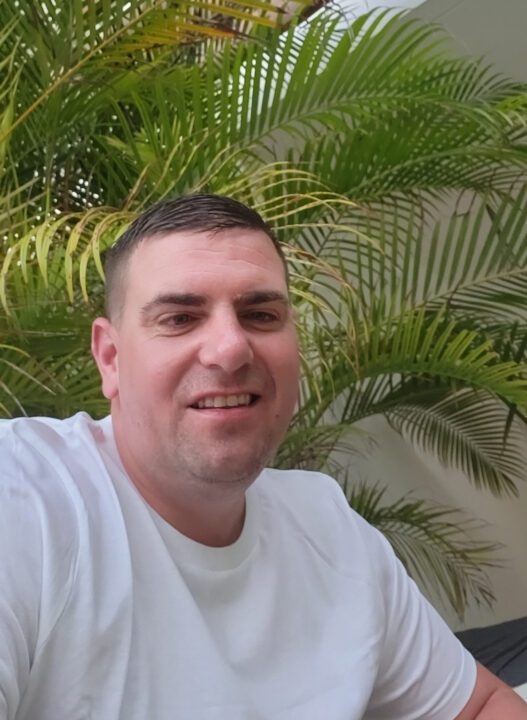Stroke survivors in Ireland are feeling “abandoned” – as findings from a new European study show that one in eight experience suicidal thoughts after they leave full-time care.
Stroke Alliance for Europe (SAFE) research reveals around a third become clinically depressed in the years following what is known as a ‘brain attack’ and up to a quarter suffer ongoing anxiety.
It also found that a survivor’s risk of death by suicide is around twice that of the general population.
Published to coincide with European Stroke Awareness Day today, (May 9), the study says stroke survivors across the continent are being discharged from care “without follow-up or specialised stroke support”.
The scoping review – The unmet needs of stroke survivors in Europe, by King’s College London – notes that survivors and carers “have to quickly gain an understanding of their needs and the practicalities of life after stroke”.
As a consequence, patients report “feelings of inadequacy and uncertainty related to stroke, medical care and life as a persistent problem,” the authors added.
The Irish Heart Foundation’s Director of Advocacy, Chris Macey, said the findings mirror the experience of many stroke survivors in Ireland.
And with only a small fraction having access to a HSE clinical psychologist, he called on the Government to increase the level of specialist support available to stroke patients both in hospital and the community.
“There are fewer than the equivalent of three full-time clinical psychology posts in the whole country to meet the needs of around 6,000 people hospitalised due to stroke every year.
“This means only one in 20 receive a service, with a large number essentially feeling abandoned after leaving full-time care,” he said.
Mr Macey said it was vital that recommendations in the HSE’s National Stroke Strategy to significantly increase clinical psychology posts were now met and that these should also be available post discharge to stroke survivors in the community.
“After consulting with stroke survivors on the findings of this research, we have been told we should communicate the full extent of the psychological impact of stroke in terms of widespread experience of suicidal feelings, depression, and anxiety – because it’s an issue that desperately needs to be addressed,” he added.
The report also found that there was a severe lack of information and training for stroke survivors and carers, while the provision of community-based rehabilitation therapies and support is falling far short of people’s needs.
“Many survivors only feel that impact after they return home and realise the extent to which their lives have been changed, so the need for high grade psychological services in the community is crucial,” Mr Macey said.
“But they emphasised there is hope when emotional and social supports are accessed.”
Stroke survivor Mick O’Donnell, 35, said counselling helped him get his life back to normal after he collapsed in front of his heavily pregnant wife in August 2021.
“Not long after my stroke, our daughter Emma was born,” the printer said.
“But I was no help. My balance was gone and my wife was nearly looking after two children.
“My mental health suffered because I wasn’t allowed to hold my baby.
“Sometimes I wasn’t even allowed to be on my own in case I had a fall.”
The father-of-two, from Bettystown, Co Meath, was later offered counselling to aid his recovery.
“The counselling was fantastic because I was able to involve my wife,” he said.
“She was going through it as well. She was the backbone of it all, she helped me through everything.”
For anyone who needs advice on any of the issues raised, the Irish Heart Foundation can be contacted via its Nurse Support Line on 01 668 5001; Pieta House operates a 24-hour helpline, 1800 247 247; and the Samaritans’ 24-hour helpline number is 116 123.
